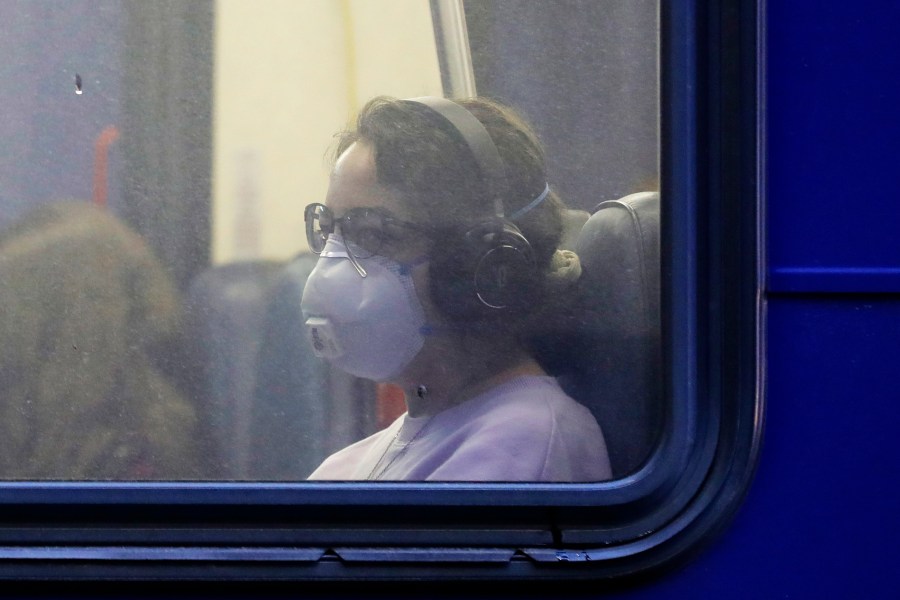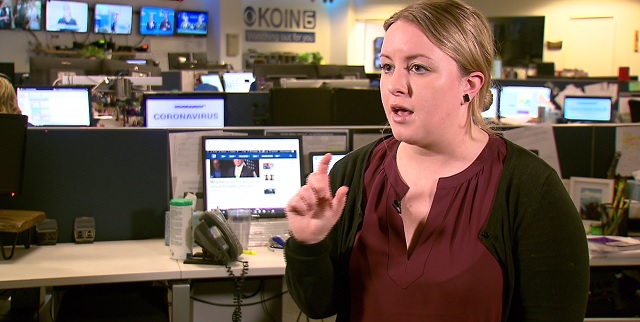PORTLAND, Ore. (KOIN) — Criminals aren’t stopped by pandemics.
As the coronavirus outbreak continues to spread, law enforcement officials noticed scams are on the rise. Criminals are trying to con people out of money and personal information as they play on your fears.
With so much unknown about the coronavirus, buyers are trying to look for any solution to avoid getting sick. But while you’re doing that, it’s important to protect yourself from becoming a victim.
Danielle Kane with the Northwest and Pacific Better Business Bureau told KOIN 6 News “what’s concerning in this case, people don’t know what to believe.”
“In this context, we are talking about a brand new global pandemic,” Kane said. “Nobody knows how to act, therefore scams can change, scams can shift tactics and we are all kind of just playing our best defense, if you will, to try to not get scammed.”
She said there are 3 major scams known at this time.

One: People looking to buy the N-95 face masks go to unreliable websites who simply take your money and never send the product.
“People are really spending $100 to $200 per order on these masks that never come,” Kane said.
Two: The FDA has targeted 7 companies that are selling products that claim to prevent or cure COVID-19. All of those claims are false.
Three: Imposters call pretending to be from the medical field and ask for personal health information.
“People need to be really guarded about what they are sharing,” Kane cautioned.
She said if you see claims advertised relating to the coronavirus you should take precautions and verify those claims before purchasing anything or giving away any of your personal information. When in doubt, research before opening your wallet.
“If you were told that [there is] an apple cider vinegar pill that is going to cure the coronavirus, would you believe that?” Kane asked. “See what the CDC has to say.”
Complete coverage: Coronavirus
Coronavirus: Facts, myths, what you should know and do

So far, no fraud cases related to the coronavirus have been reported locally. But just as the advice to avoid coronavirus includes washing your hands and staying home when you’re sick, the advice to avoid coronavirus fraud includes paying attention and checking things out before it’s too late.